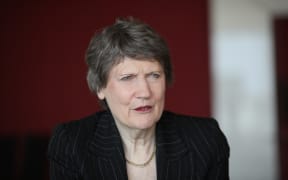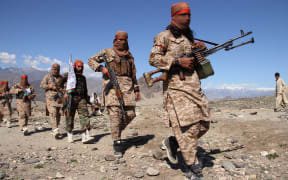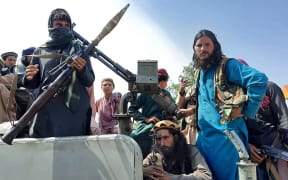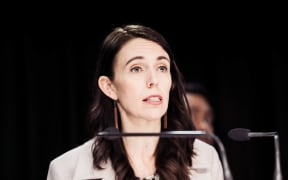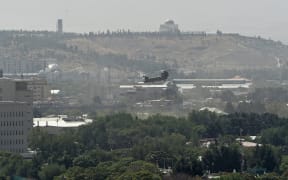National, ACT and the Green Party agree more needs to be done to help those in Afghanistan.
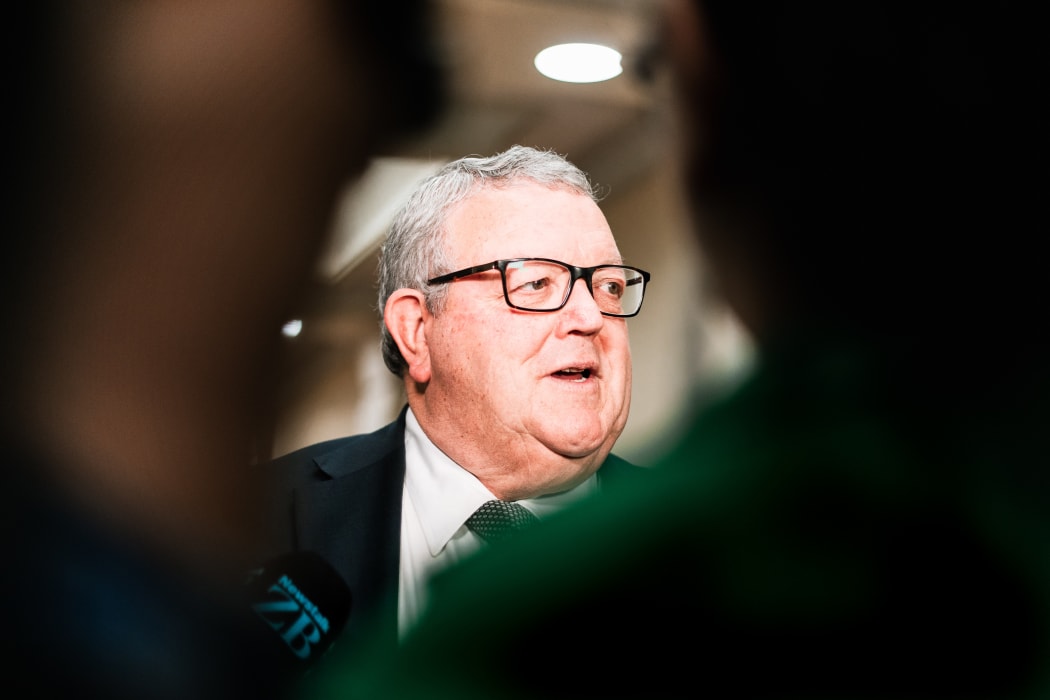
Photo: RNZ / Samuel Rillstone
Cabinet is meeting today and is expected to discuss measures to help bring home about 30 New Zealanders who remain in Afghanistan after Taliban forces moved to secure the capital Kabul.
President Ashraf Ghani has fled the country as the Taliban moved in, signalling the culmination of a long shift in power former NZ prime minister Helen Clark has labelled a "catastrophic failure" of Western foreign policy intelligence.
Prime Minister Jacinda Ardern, who is expected to brief media this afternoon, said the situation was moving fast and quick decisions would need to be made to help the New Zealanders there.
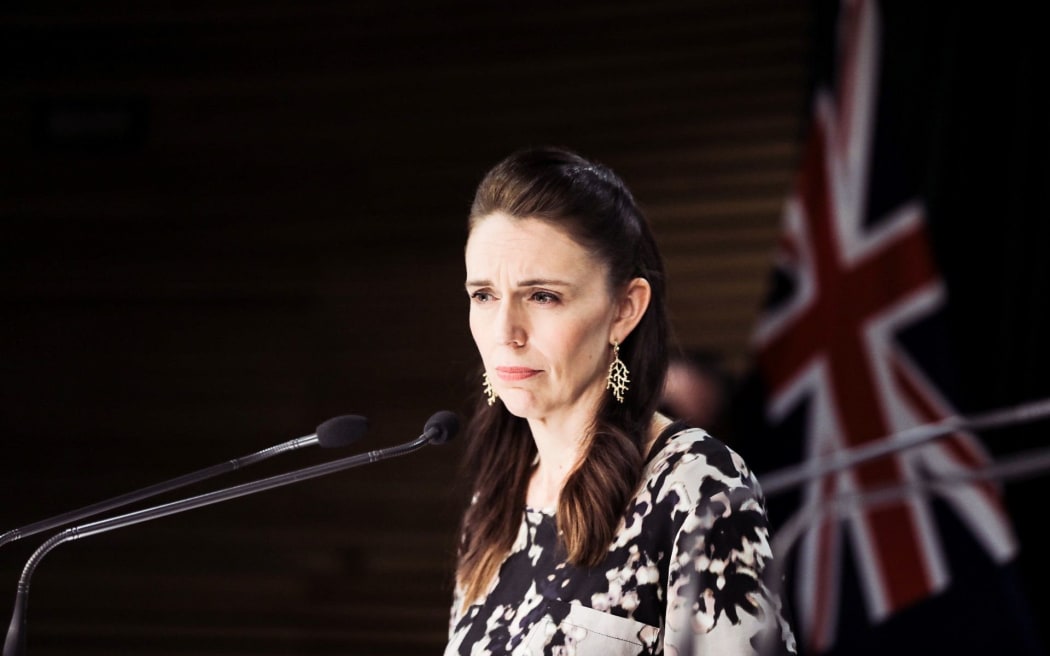
Prime Minister Jacinda Ardern is expected to brief media this afternoon following the weekly Cabinet meeting. Photo: RNZ / Samuel Rillstone
However, Afghan nationals who helped the New Zealand Defence Force in its activities there, and others who have spoken against the Taliban, are also at risk however and political parties are calling on the government to do more to step in.
Ardern said fewer than 40 people had identified themselves as having worked alongside New Zealand forces, but the majority had done so some time ago and were not eligible under the previous National government's "interpreter package".
National's Foreign Affairs spokesperson Gerry Brownlee told RNZ the government should also make efforts to bring those other groups to New Zealand.
"Those two categories - New Zealand citizens and then those people who have worked for New Zealand defence force over a period of years - would be first priorities but then there would be a number of people who have taken pretty strong stances against the Taliban ... those people will be under very severe threat and those lives will be at stake."
"I think if we're serious about saying that we're a country that protects, values and honours freedom and we also want to do something to recognise the huge sacrifice that so many New Zealand lives have been given up for, then they would be in the list as well."
He said the government would face challenges - including how to manage the intake through managed isolation, as well as how to rapidly identify who would and would not be a refugee.
"Some of the normal processes for assessing who is and isn't a refugee may not work in this case so there has to be a degree of flexibility to ensure that we get a good outcome for those people."
He also called for some Defence Force members to be stationed somewhere close to Afghanistan to be able to retrieve those people.
"We're a long way from Afghanistan and our military capacity would need a bit of time to get located ... it'd be best if they were somewhere close by."
"It's very easy to be, in hindsight, saying that some particular action should have taken place. I think the issue now is the immediate problem that we face and some steps need to be taken to put us into as good a position as possible to be out of it and to ensure that people whose lives are under threat are removed as quickly as possible."
ACT also wanted more action to be taken, but said New Zealand should have done more earlier.
Leader David Seymour said Immigration Minister Kris Faafoi in July should not have rejected applications from Afghan people if they assisted the Defence Force, and he should explain the grounds he rejected them on.
"If these people have been abandoned to grotesque death after helping New Zealand due to procrastination at ministerial level I don't think anyone in good consience could carry on as the minister.
"If there were good reasons not to help them I think the government should be upfront about that too.
"These people were tractor drivers, labourers, cleaners and cooks for our Defence Force. Today they are fearing for their lives because of the assistance they gave New Zealand," he said.
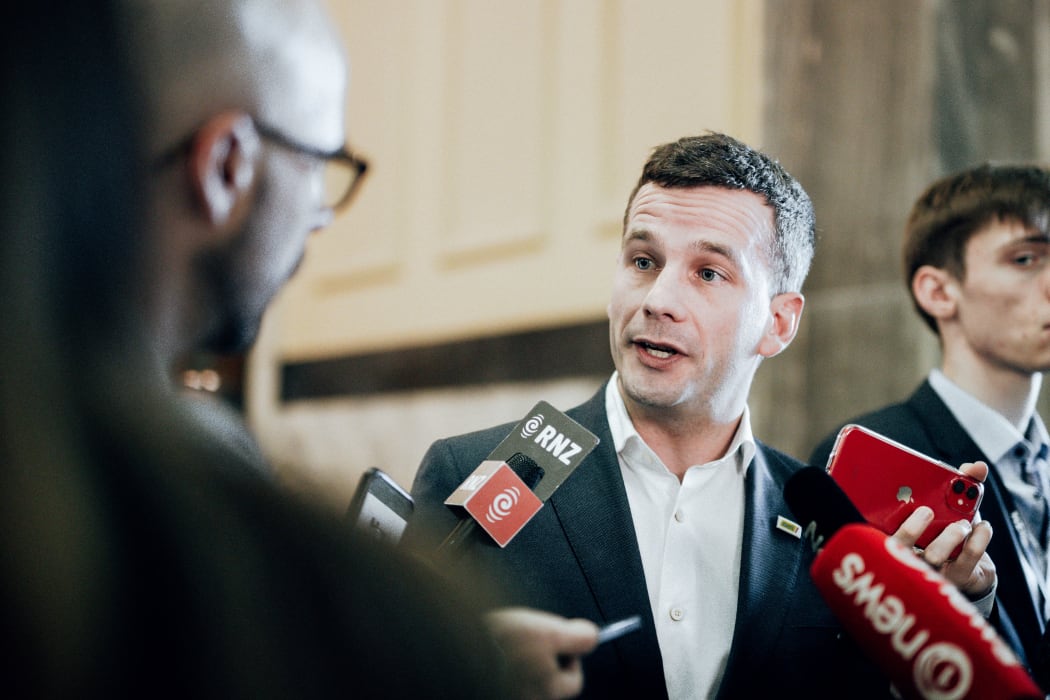
ACT Party leader David Seymour Photo: RNZ / Dom Thomas
"Ardern told media this morning 'we have to make decisions quickly,' - quickly would have been months ago... Canada got the Afghan people who helped them out last month."
Green Party human rights spokesperson Golriz Ghahraman said New Zealand needed bring home the Afghan citizens who helped the military.
"These interpreters are at risk of torture and persecution because of their assistance to our Defence Force," she said. "The assistance these Afghan citizens have provided New Zealand now puts their lives at risk."
She also called for New Zealand to work on diplomatic and humanitarian aid in the area.
"I don't think we jump to sanctions per se, but we have an important role in raising these issues," she said.
"What you can do is make sure that funding and resource is actually cut off to the Taliban, because we know this is a proxy war - so, you know, you're going to have to identify some of the other actors, and you're gonna have to say 'we won't trade, we will take this to the UN, it may result in sanctions."
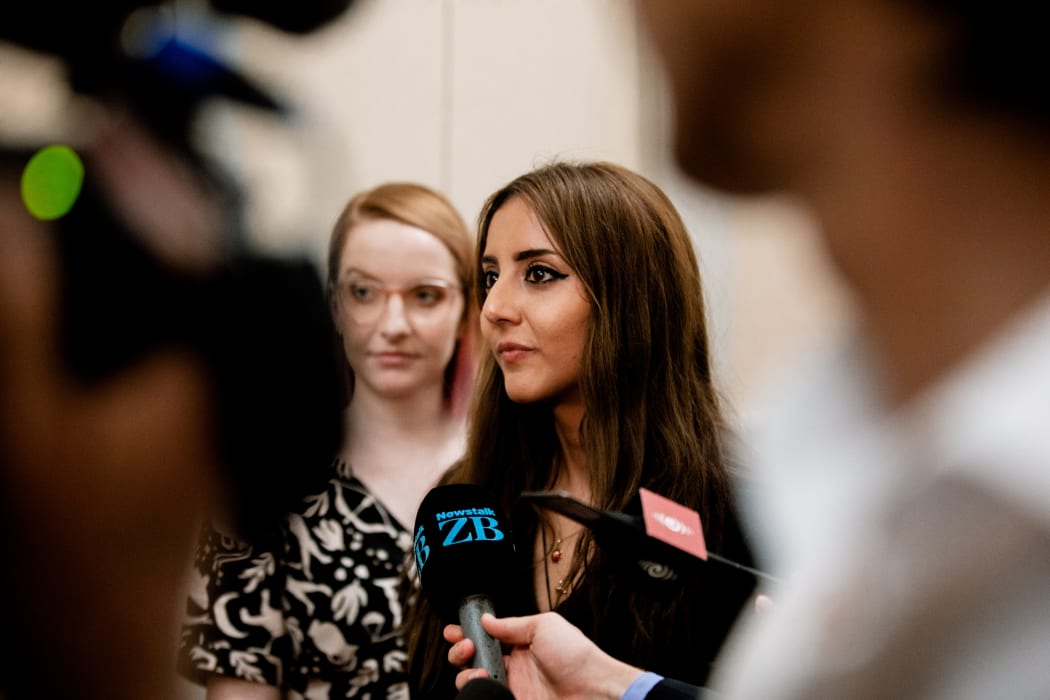
Green Party human rights spokesperson Golriz Ghahraman. Photo: RNZ / Samuel Rillstone
"The last 20 years has proved that military intervention in Afghanistan does not work. Military intervention only results in the further destruction of communities who are already shattered by repeated foreign invasions and rise of oppressive forces.
"We know that Afghans want no more military occupation or war. Now is the time to do better."
She said the New Zealand Afghan community at a protest at Aotea Square over the weekend wanted no further military intervention,
"They need us to get in there adn diplomatically secure the aid corridors, make sure that aid is continuously getting to where they need it - esp with Covid."
Brownlee called for a similar approach.
"The reality is there is going to be a new government in Kabul that will be ... in charge of all things in Afghanistan.
"I think the need now is to switch to some diplomatic arrangements that ensure that that government is not isolated and that they don't effectively become a harbinger of terrorist activity.
"In the end we can't see that new regime totally isolated from the rest of the world ... it will be a difficult time obviously because forgiveness doesn't always come easily but there is a huge amount at stake for the rest of the world as well as the Afghan population."

